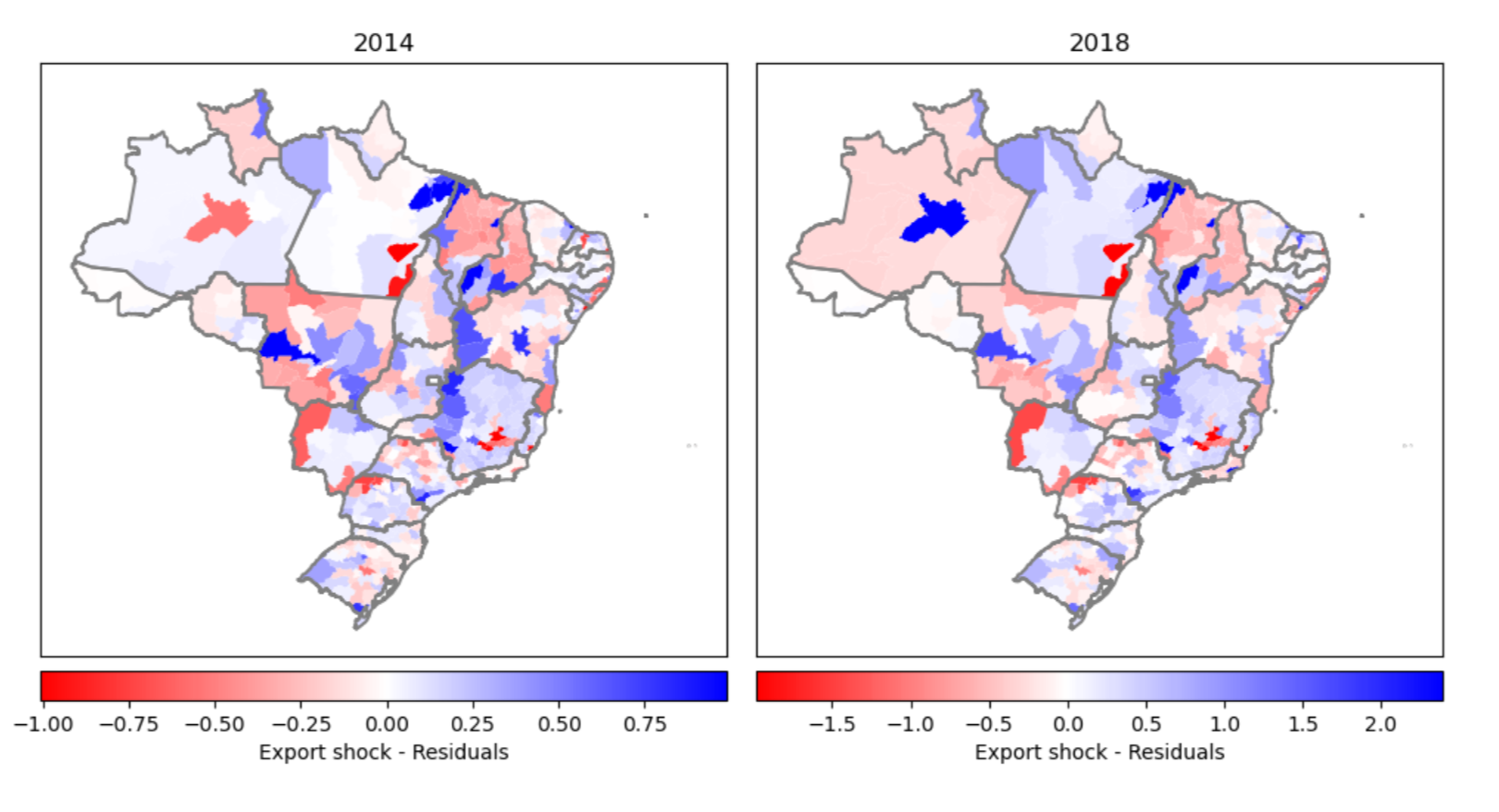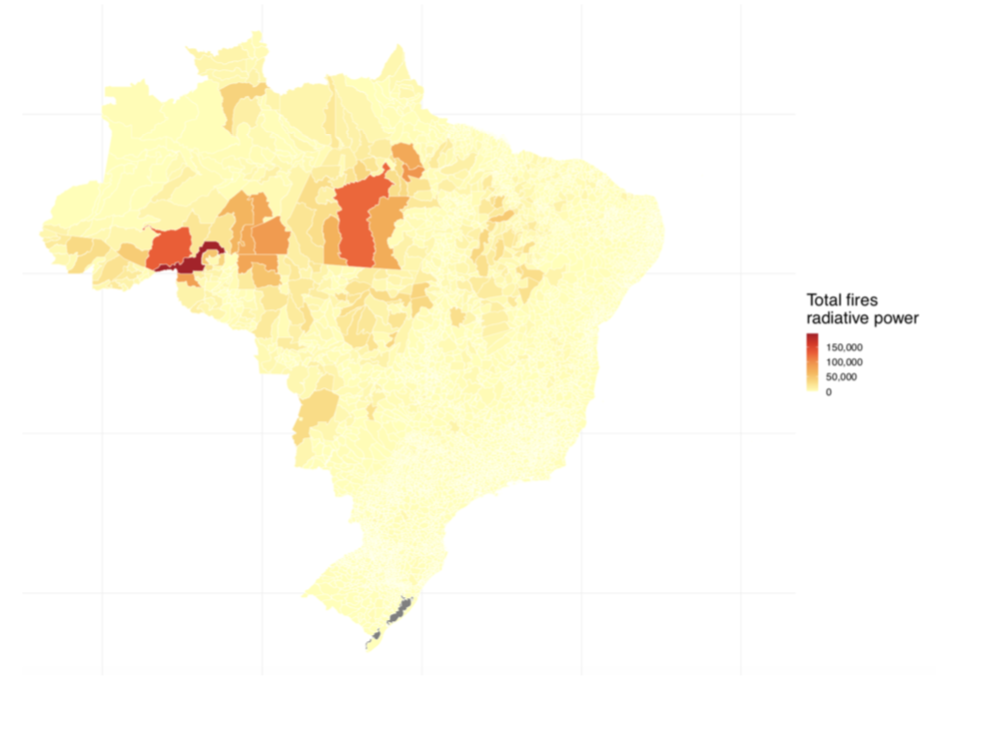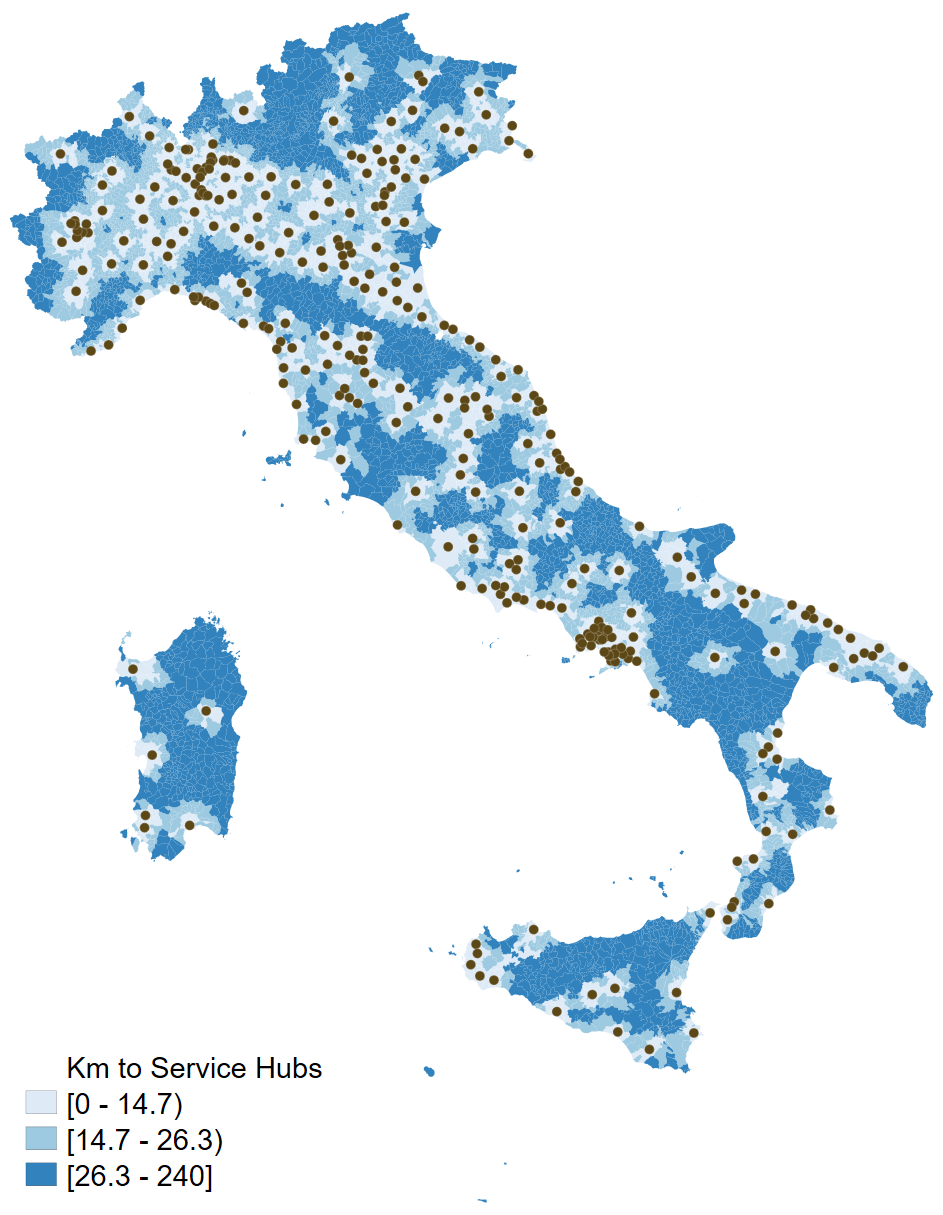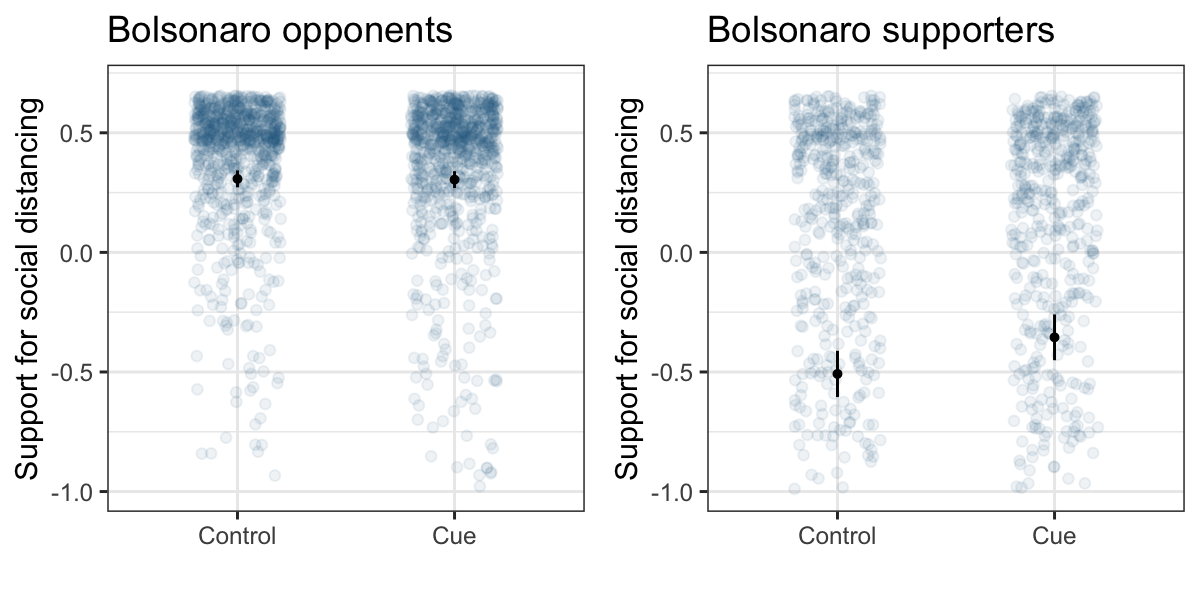Paula Rettl is an Assistant Professor in the Business, Government, and International Economy Unit at Harvard Business School. Her primary areas of expertise are comparative politics, political economy and political behavior, with a focus on Latin America and Europe.
Professor Rettl’s research centers on how broad societal changes shape mass attitudes and behavior. For example, in some of her work, she examines how voters’ responses to globalization varies depending on whether they rely on the state or religious organizations for support during difficult economic times. In other work, she investigates how natural disasters shape voting behavior and the role played by economic interest in this context.
Professor Rettl earned her Ph.D. in Political Science from Bocconi University in 2023. She also holds a M.A. in European Affairs from Sciences Po Paris and a B.Sc. in Geography from the State University of Campinas (Unicamp).
Research projects
Turning Away From the State: Trade Shocks and Informal Insurance in Brazil

Abstract
How does economic globalization affect vote choices? Conventional wisdom holds that voters who lose from economic integration support parties that propose to expand the welfare state. I argue that a key scope condition of this causal relationship is expectations about the state. In the global south, non-state organizations (such as churches and gangs) are often more credible providers of insurance than the state. In these contexts, globalization increases the effectiveness of “organizational brokers” in persuading local communities. To test this argument, I propose a new shift-share instrument that measures the exposure of Brazilian local labor markets to an exogenous decline in exports. By matching this instrument with electoral and survey data, I provide evidence that declining exports increased the power of Evangelical leaders to persuade their congregations to vote against parties that favor welfare-state expansion. My findings explain and describe the contingencies underlying the political consequences of globalization.Working Paper (New Version Comming Soon)
Presentations: European University Institute 2023, APSA 2022, MPSA 2021, MPSA 2020 (cancelled), Status Workshop at the University of Zurich (August 2020), Conference on Populism in Latin America and Beyond at the King’s Brazil Institute (March 2021), ECPR Joint Sessions of Workshops (session on Populism and Democracy) (May 2021).
Global Harms, Local Profits: How the Uneven Costs of Natural Disasters Affect Support for Green Political Platforms
with Silvia Pianta

Abstract
The emergence of green constituencies enables climate action. Conventional wisdom holds that first-hand experience with natural disasters helps build green coalitions by increasing the salience of the costs of environmental degradation. Focusing on fires in Brazil, we argue instead that the impact of disasters on support for green candidates is conditional on the economic damages and profit opportunities they generate. By destroying natural vegetation, fires increase opportunities for land grabbing and expanding agricultural and livestock production. We test our argument by applying causal inference techniques and leveraging satellite, administrative, electoral, and survey data. We show that large-scale fires increase support for green candidates only in municipalities with low shares of employment in soy production and cattle ranching, which are arguably less likely to benefit from fires. We conclude that the potential of natural disasters to create green coalitions is conditional on their distributive implications.Presentations: University of Cologne 2023, APSA 2022, Climate Pipeline Conference, ISA 2022, MPSA 2022, EPSA 2022.
Geographies of Discontent: How Public Service Deprivation Increased Far-Right Support in Italy
with Simone Cremaschi, Marco Cappelluti and Catherine De Vries

Abstract
Electoral support for far-right parties is often linked to geographies of discontent. We argue that public service deprivation, defined as reduced access to public services at the local level, plays an important role in explaining these patterns. By exploiting an Italian reform that reduced access to local public services in municipalities with fewer than 5,000 residents we demonstrate that far-right support in national elections increased more after the reform in affected municipalities than in unaffected ones. We use geo-coded individual-level survey data and party rhetoric data to explore the mechanisms underlying this result. Our findings suggest that exposure to the reform increased concerns about immigration, and that far-right parties increasingly linked public services to immigration in their rhetoric after the reform. These demand and supply dynamics help us understand how public service deprivation shapes geographic patterns in far-right support.Presentations: APSA 2021, MPSA 2022, Workshop on Theories of the Contemporary Divide in Western Societies at the EUI (2022), EUSA 2022.
Words Can Hurt: How Political Communication Can Change the Pace of an Epidemic
with Lucas Mariani and Jessica Gagete-Miranda

Abstract
While elite-cue effects on public opinion are well-documented, questions remain as to when and why voters use elite cues to inform their opinions and behaviors. Using experimental and observational data from Brazil during the COVID-19 pandemic, we study how leader cues influence decisions about issues of direct personal relevance, such as social distancing. We first document a divergence in mobility and excess-death trends between municipalities with different concentrations of Bolsonaro voters. Second, we provide evidence from two pre-registered survey experiments confirming that these differences are likely explained by Bolsonaro cues polarizing the electorate regarding COVID-19-related issues. We then explore whether voters react to Bolsonaro’s cues as a way to make decisions with little cognitive effort (heuristics) or to express group membership (expressive utility). We conclude that while his supporters follow his cues to protect their social-political identity, the drivers of his opponents’ reactions are mixed.Media coverage (in Portuguese): O Globo, Foro de Teresina, CNN Brasil, Jovem Pan, Revista Época.
Presentations: LACEA’s Impact Evaluation Network Webinar on Impacts of COVID-19 in Latin American and Caribbean, REAL (The Rangel Economic Analysis Lab) at Duke University, MPSA 2021, Dept. of Political Science at Washington University at St. Louis (2022), Leitner Political Economy Seminar at Yale Univeristy (2022).
Work in Progress
An Anti-Feminist Backlash? Female Labour Market Participation and Gender Conservatism in Europe
with Simone Cremaschi and Catherine De Vries
Presentations: MPSA 2022, EPSA 2022 (Draft available upon request).
Churn or choice? Economic and policy motivations of bureaucratic turnover and the 2002 election of Luiz Inácio Lula da Silva
with Tainá Souza Pacheco, Julio Ramos Pastrana and Anthony Michael Bertelli
(Draft available upon request).
Trade Shocks and National Identity in Europe
with Kenneth Scheve and Matthew Gabel
Chapter in edited volumes
Rettl, P. (2023). “Economic Globalization and Populism in Latin America and Beyond” . In Anthony Pereira, ed. Right-Wing Populism in Latin America and Beyond. London and New York: Routledge.
Contact
You can contact me at prettl [at] hbs [dot] edu